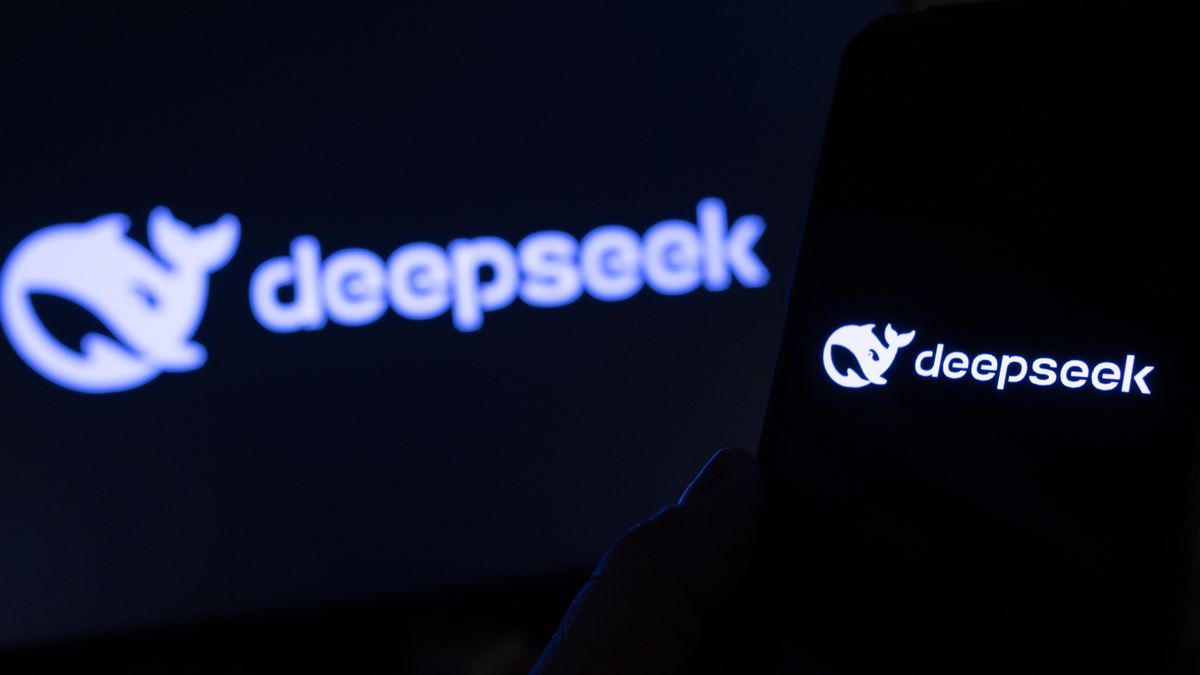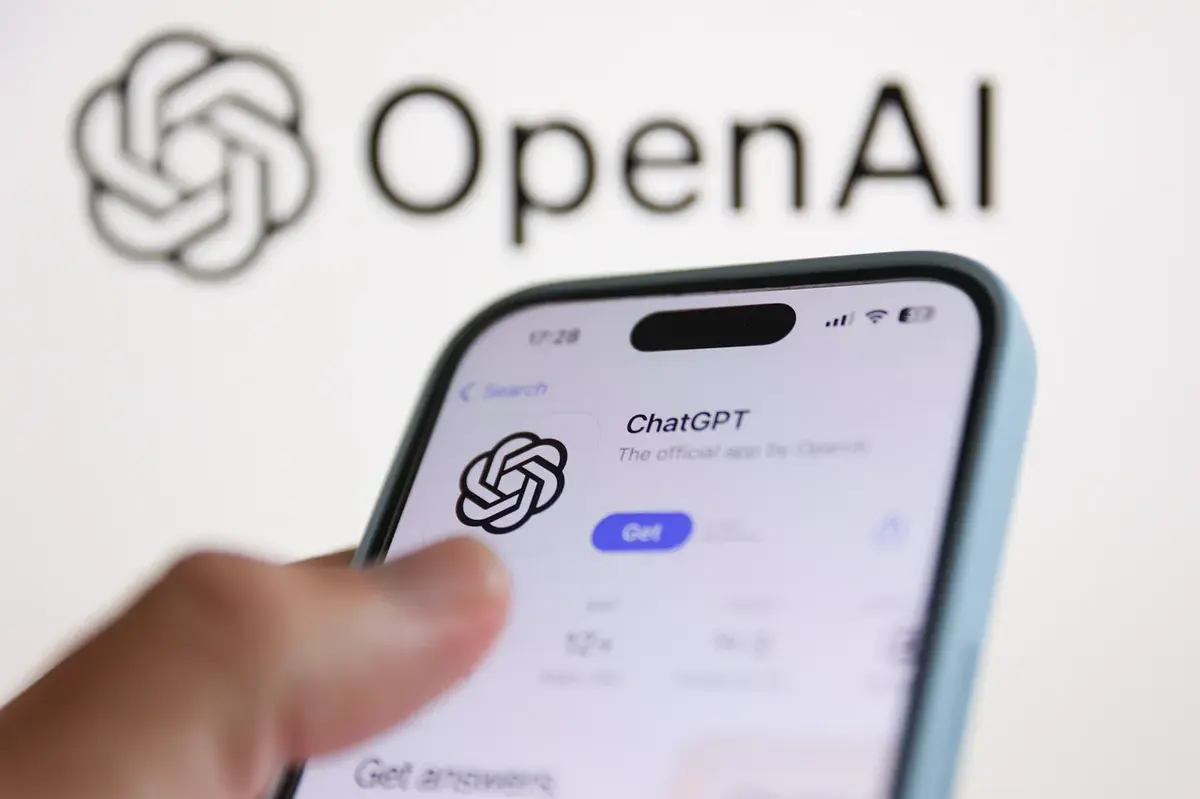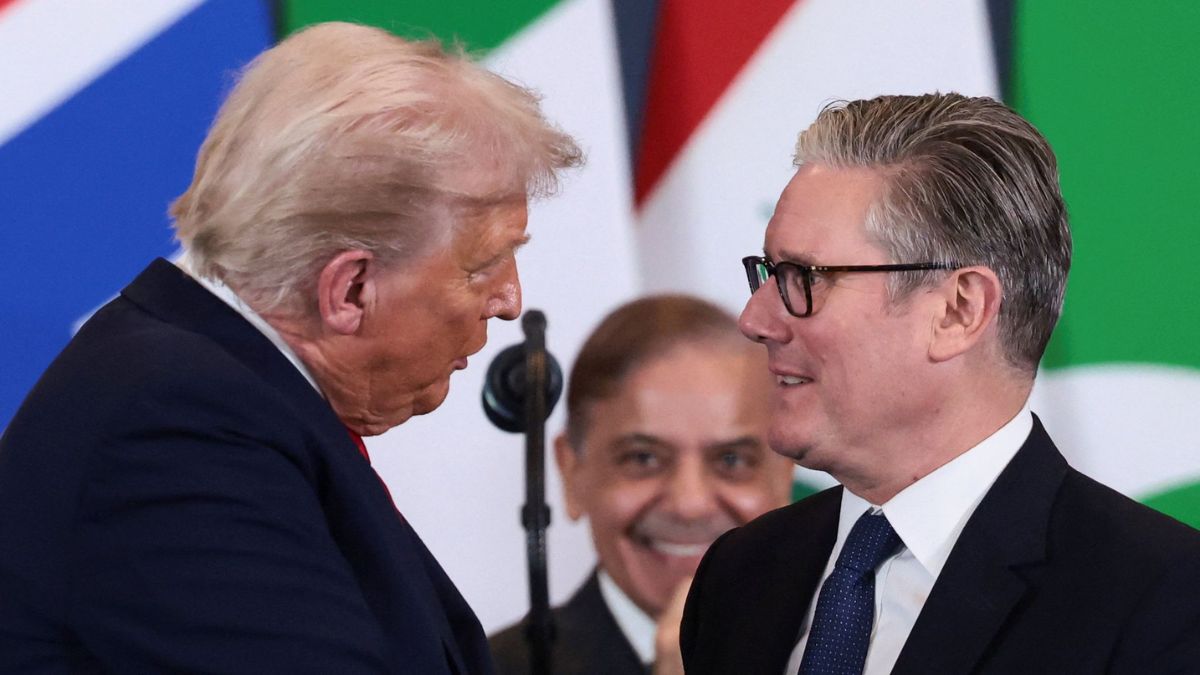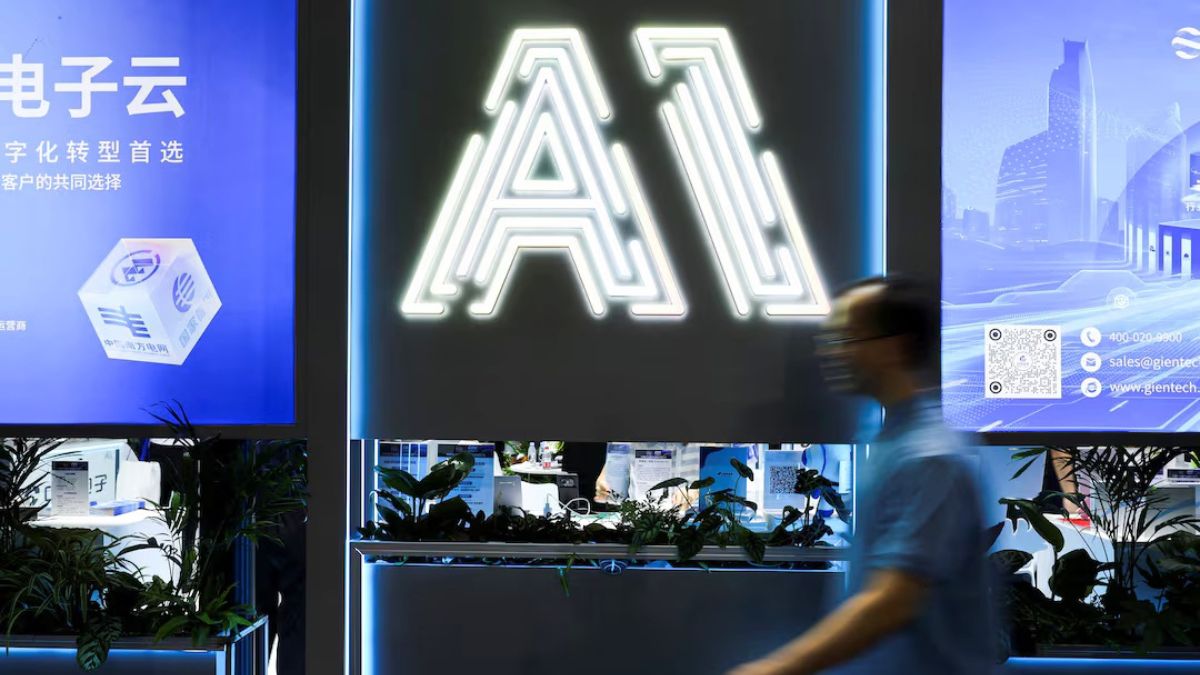China has made a major breakthrough in artificial intelligence with DeepSeek, a startup that developed a powerful AI model with fewer resources than expected.
This success boosts China’s global AI ambitions, but it also raises a big question: Will the government allow it to grow freely?
China’s AI Race: From AlphaGo to DeepSeek
In 2017, China was shocked when Google’s AI, AlphaGo, defeated a top Chinese player in the strategy game Go. This event pushed China to invest billions into AI research, aiming to lead the world by 2030.
DeepSeek, a relatively unknown startup, emerged from this effort. Unlike many major Chinese AI firms, DeepSeek operates privately, without obvious state funding.
However, its rapid rise aligns with President Xi Jinping’s vision of making China a leader in advanced technology.
A Double-Edged Sword: AI Innovation vs. Government Control
DeepSeek’s success proves that China can develop competitive AI models even with limited access to advanced chips due to U.S. sanctions. Many in China see this as proof that the country can overcome Western restrictions.
But AI is a tricky area for the Chinese government. In the past, officials have taken different approaches—sometimes encouraging AI growth, other times tightening control.
- AI Growth Phase (2022-2023): China allowed more freedom when it felt behind the U.S.
- Potential Crackdown (2025 and beyond): Now that China’s AI sector is stronger, tighter regulations may follow.
Experts warn that the government’s instinct is always to control. If AI companies like DeepSeek grow too independent, authorities may step in to regulate them more strictly.
DeepSeek’s Unexpected Path to Success
DeepSeek originally focused on using AI for stock market predictions. But when Chinese regulators cracked down on such practices, the company shifted to general AI development. This move helped it align with China’s industrial policies and avoid government restrictions.
Despite its achievements, DeepSeek has faced challenges. OpenAI recently accused it of using its data without permission, a claim DeepSeek’s supporters in China dismiss as an attack by the U.S. tech industry.
The Party’s Dilemma: How Far Can AI Go?
China has used AI for various purposes, including military advancements and social control. AI also plays a role in China’s global influence, as DeepSeek’s open-source approach makes AI more accessible to developing nations—aligning with China’s strategy of offering technology as an alternative to Western dominance.
However, AI’s power to spread information and influence public opinion makes it a sensitive topic for China’s ruling Communist Party. In 2023, China introduced strict rules requiring AI chatbots to follow “socialist core values” and avoid content that could challenge the government.
Already, DeepSeek’s chatbot gives heavily censored answers, supporting government propaganda and avoiding controversial topics. Experts warn that too much control could limit China’s AI potential, preventing companies from competing globally.
What’s Next for DeepSeek?
DeepSeek’s rise is a major milestone for China’s AI ambitions, but its future depends on how the government handles it.
- If China supports DeepSeek’s growth, it could become a major AI player worldwide.
- If regulations tighten, DeepSeek may struggle to innovate while following strict government rules.
For now, DeepSeek represents both China’s AI success story and a test of how much freedom the country’s tech industry will be allowed. The world will be watching to see how China balances AI progress and political control.











Leave a comment